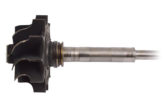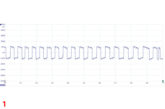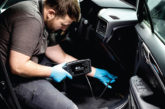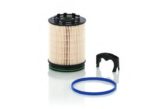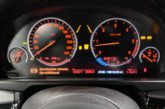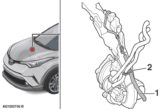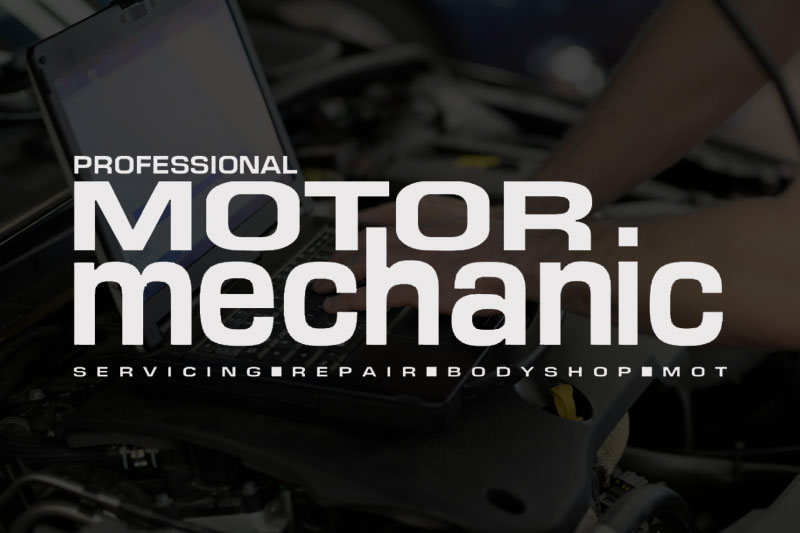
Recently at eXponentia training we conducted a survey on the technical systems of the future –interestingly most garages felt they had insufficient knowledge to repair these systems adequately.
It was surprising, however, to see that most garages do not see ‘Start/Stop’ as a significant challenge. Upon further investigation though, it would appear that most workshops don’t feel that this technology is going to impact them in the immediate future and therefore is of little concern now. This is most certainly not the case! At the beginning of this year VMs were given a mandate to start reducing the Co2 output of all their vehicles, and must achieve a target of 130g of Co2 by 2015. The consequences for not doing so will come in the form of punitive financial penalties which could run into hundreds of millions of euros if these targets are not met.
Fortunately for the vehicle manufacturer Start/Stop is extremely efficient in reducing the Co2 output of most vehicles and in most cases it can be implemented for very little cost to the manufacturer. Therefore, it is acknowledged that by 2015 over 80% of all new vehicles will feature Start/Stop technology.
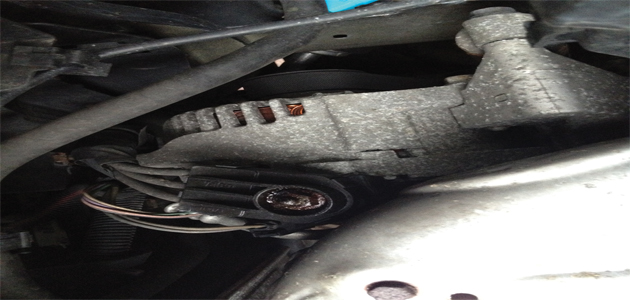
An alternator starter motor – the picture shows the three-phase connection to the component
How do Start/Stop systems work?
Firstly, it is important to note that there is not one Start/Stop system that all manufacturers use – they each have their own unique way of achieving the same result. BMW and VAG are currently using the reinforced starter motor and whilst this allowed them to adopt Start/Stop quickly, there now appears to be some significant shortfalls in the reliability of the systems, resulting primarily in excessive wear to the starter motor pinion gear and the flywheel ring gear collectively.
PSA (and any other manufacturer that uses their engines) are adopting the use of the alternator as an electric motor to start the engine on the Serpentine belt, currently with GenII. This will start a 1.6 diesel engine, and in the next 18 months we should see the introduction of GenIII and EDLC power packs which will open up a whole new field of development, the like of which this industry has yet to see.
The challenges for the workshop
So what are the technical challenges facing garages? First of all, it’s important for the workshop to appreciate that up to 30 sensors may be involved in the correct operation of the system; due to the way the system is configured it is highly probable that most of the sensors wouldn’t actually load a fault code. However, they would prevent the system from working properly as they will believe they’re doing the job correctly.
Examples of this include variables like outside air temperature – if this is too low it will inhibit the Start/Stop function and steering angle position sensor because the system uses this sensor to calculate the load on the power steering system. In contrast, if it is deemed too high it will not allow the engine to auto stop. This may well be because the customer has come to a stop with the steering wheel turned more than 90° or a position sensor may not be correctly calibrated.
Then of course we come to the power requirements for the systems. In all cases a new type of battery is required – this being of AGM construction – as the rigours of frequent charge and discharge mean that a conventional battery would probably last just a matter of months.
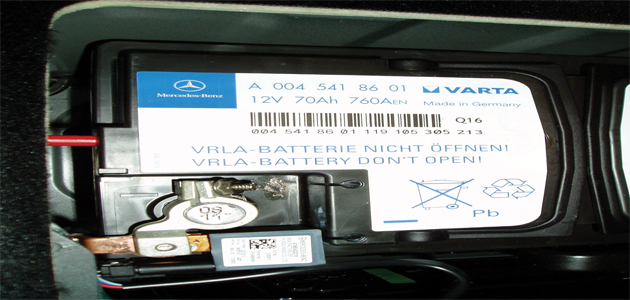
An AGM battery fitted to a Mercedes – the BMS sensor is clearly visible. This continuously monitors the charge state of the battery and the component is fitted to all Start/Stop cars
We also have the regenerative braking systems that almost all these vehicles are employing to save even more fuel. In most cases this means that the car will not charge whilst stationary, so conventional alternator testing is now a thing of the past. The only way to test the systems effectively is by viewing alternator activity whilst the vehicle is being driven by a colleague.
The future is now
As you can see from this brief overview, Start/Stop systems are extremely complex beasts and a non-functional system could be down to one particular sensor or just the unique characteristics of that system. One thing is clear, without the knowledge of how the systems function, fixing them quickly and effectively is going to be an extreme challenge.
HELP! I need somebody
eXponentia has recently launched a dedicated in-house technical support line, offering the independent aftermarket unparalleled access to information and support on all vehicles and for all technical problems!
The support line is staffed by trained technicians and has been in development for over a year with DAF Conseil, the Provider of training and technical support for eXponentia in the French market for nearly ten years.
The helpline will be offered to garages on a monthly subscription, giving them the capability to grow their business by repairing cars that would, otherwise beyond their reach.

